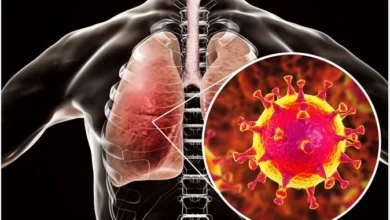Understanding Heart Swelling: Symptoms, Risks, and More
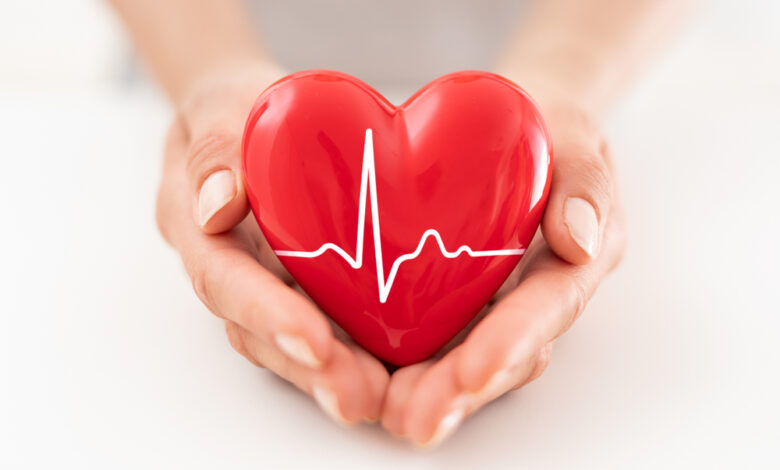
When you hear someone complain of symptoms like fatigue, a slight fever, or a cough, your mind might immediately jump to the common cold. However, what if these seemingly benign symptoms were signs of something more serious? “Heart Swelling,” medically referred to as myocarditis or pericarditis, can masquerade as a common cold, making it dangerously easy to overlook. This condition, while initially presenting mild symptoms, can escalate rapidly, leading to severe health complications, even death, if not properly addressed.
1.What is Heart Swelling?
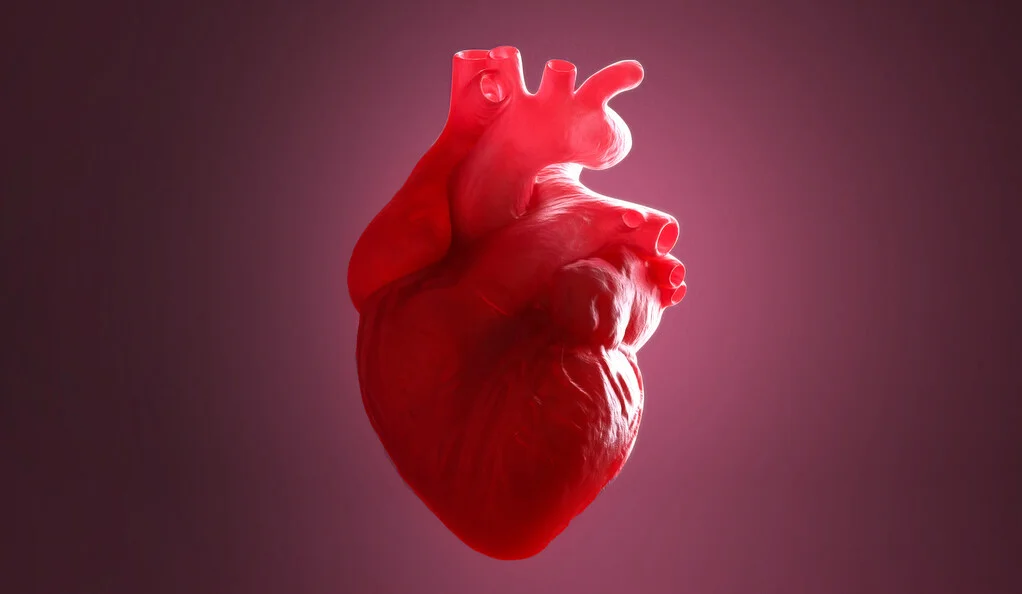
Heart Swelling, or myocarditis, involves the inflammation of the heart muscle, whereas pericarditis is the inflammation of the pericardium, the fibrous sac surrounding the heart. These conditions can result from a variety of causes, with viral infections being the most common. However, bacteria, parasites, and even autoimmune diseases can also lead to heart swelling. Understanding these conditions is the first step in recognizing their severity and the critical nature of early detection and treatment.
2.Symptoms Similar to a Common Cold
The initial symptoms of heart swelling can be misleadingly mild and similar to those of a common cold. They include:
- Fever and fatigue: A low-grade fever and general tiredness can be early signs.
- Shortness of breath: Even with minimal exertion, you might find yourself gasping for air.
- Joint and chest pain: Discomfort in the chest and joints can also be a sign, often mistaken for flu symptoms.
Recognizing these symptoms as potential indicators of heart swelling rather than dismissing them as just another cold is crucial.
3.The Serious Risks of Underestimating Heart Swelling
1. Heart Failure
When the heart’s muscles are inflamed, its efficiency in pumping blood can significantly decline. This condition, known as heart failure, results from the heart’s inability to meet the body’s blood and oxygen demands. Over time, heart failure can lead to a buildup of fluid in the lungs and other parts of the body, such as the legs and abdomen. This can cause shortness of breath, swelling, and other life-limiting symptoms. Early detection and treatment of heart swelling can help prevent the progression to heart failure, highlighting the critical nature of recognizing and acting upon even the mildest indicators.
2. Arrhythmias
Inflammation of the heart can disrupt the normal electrical pathways that govern heartbeat, leading to irregular rhythms or arrhythmias. These can range from relatively harmless palpitations to severe disturbances that impair the heart’s ability to pump effectively. In extreme cases, arrhythmias can lead to sudden cardiac arrest, a medical emergency that, if not immediately addressed, can result in death. The risk of developing dangerous arrhythmias underscores the importance of early medical intervention for symptoms of heart swelling.
3. Cardiogenic Shock
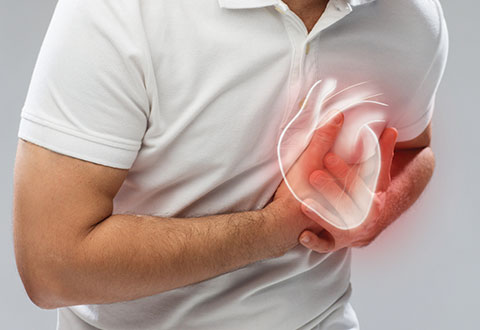
This is perhaps the most severe consequence of untreated heart swelling. Cardiogenic shock occurs when the heart is so damaged that it can no longer supply sufficient blood to the organs of the body. This leads to a critical drop in blood pressure and severe organ dysfunction, which is life-threatening. Symptoms may include rapid breathing, severe shortness of breath, loss of consciousness, and a weak pulse. Cardiogenic shock requires immediate medical treatment to improve blood flow and save the patient’s life, further emphasizing the need for prompt action in the face of heart swelling symptoms.
4.Diagnosis and Treatment
Treatment for heart swelling is tailored to the individual’s specific needs and the underlying cause of the condition:
1.Medications
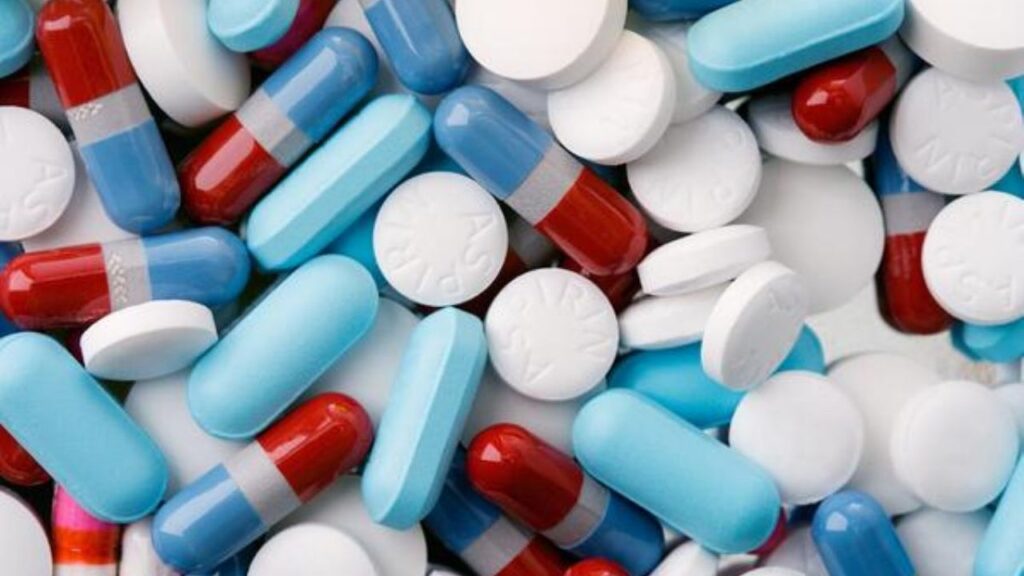
A range of medications may be prescribed to manage symptoms, reduce the strain on the heart, and address the root cause of the swelling. These can include anti-inflammatory drugs to reduce heart inflammation, antiviral or antibiotic medications if an infection is identified, and medications to manage heart rhythm abnormalities.
2.Heart strain reduction
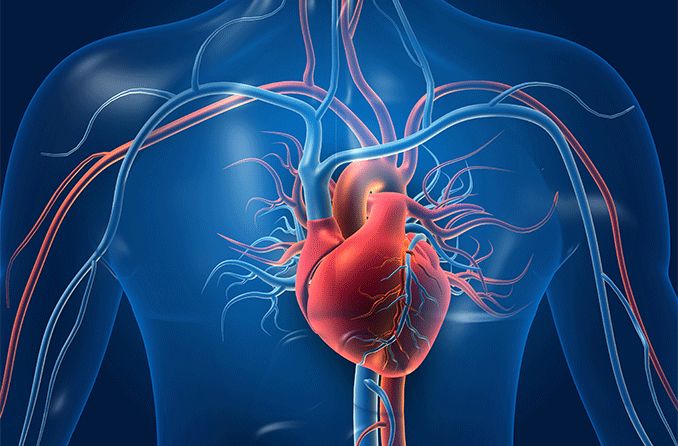
Lifestyle modifications and medications can be utilized to lower blood pressure and cholesterol, reducing the heart’s workload. Patients may be advised to limit physical activity during the recovery phase to prevent additional strain on the heart.
3.Addressing specific infections or conditions
If the heart swelling is due to a specific cause, such as an autoimmune disease or an infectious agent, treatments will focus on managing that condition. This may involve a course of antiviral medications, antibiotics, or treatments targeted at suppressing the immune system’s abnormal response.
4.Hospitalization
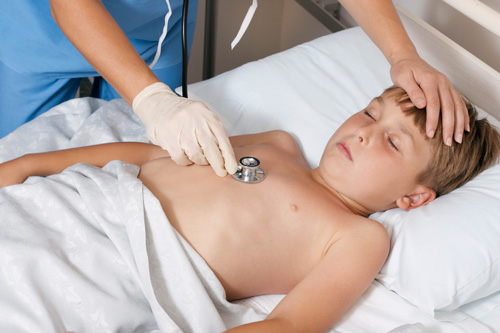
In cases where heart swelling leads to severe complications or poses a significant risk to the patient’s health, hospitalization may be necessary. This allows for continuous monitoring of heart function, the administration of intravenous medications, and, if required, the implementation of advanced treatments such as mechanical support for the heart or emergency interventions to manage arrhythmias or other life-threatening complications.
Treatment varies based on the underlying cause but may include medications to manage symptoms, reduce heart strain, and address the specific infections or conditions causing the swelling. In severe cases, hospitalization may be necessary to monitor heart function and prevent complications.
5.When to Seek Medical Help
If you experience symptoms that could be associated with heart swelling, especially if they persist or worsen despite typical cold treatments, seek medical attention promptly. Early diagnosis and treatment can be the key to preventing serious outcomes.

